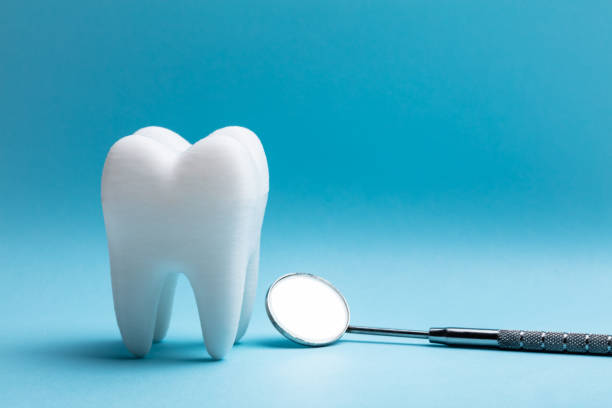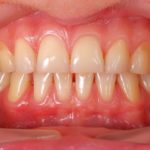
According to Dr. Pascal Terjanian, your oral health is much more critical than you may have realized. Learn how your oral, dental, and gum health will affect your overall health.
How is oral health-related to overall fitness?
Your mouth teems with bacteria, like other parts of your body — usually harmless. However, since your mouth is the gateway to your gastrointestinal and respiratory systems, some of these bacteria can cause illness.
Bacteria are usually regulated by the body’s natural defences and good oral health, such as frequent brushing and flossing. Bacteria can reach levels without proper oral hygiene, such as tooth decay and gum disease, resulting in oral infection.
Also, some medicines, such as decongestion medication, antihistamines, and painkillers, may reduce saliva flow. Saliva is used to wash food and neutralize bacterial acid in the mouth, protecting you against disease-causing microbes.
Studies indicate that oral bacteria and inflammation are linked to a serious type of gum disease (periodontitis). And some diseases, including diabetes and HIV/AIDS, can decrease the body’s resistance against infection and exacerbate oral health issues.
What diseases are associated with oral health?
Your oral health can lead to different conditions or diseases, including:
- Endocarditis (endocarditis). When bacteria or other microbes from another area of the body, such as your mouth, travel through your bloodstream and bind to certain places in your heart, the contamination of the inner lining of your heart chambers or valves (endocardium) occurs.
- Cardiovascular disease. Although not completely understood, some studies indicate that cardiomyopathy, blocked arteries, and stroke may be connected with inflammation and dental problems.
- Complications during pregnancy and childbirth. Premature birth and low birth weight have been attributed to periodontitis.
- Pneumonia. Bacteria from your mouth will enter your lungs and cause pneumonia and other respiratory illnesses.
According to Dr Pascal Terjanian The following conditions can affect your dental health:
- Diabetes. Diabetes puts your gums at risk by lowering your body’s resistance to infection. Diabetes patients tend to have a higher incidence and severity of gum disease. Gum disease patients have a harder time regulating their blood glucose levels, according to research. Diabetes management can be improved with regular periodontal treatment.
- HIV/AIDS. In HIV/AIDS patients, oral problems such as painful mucosal lesions are normal.
- Osteoporosis. Periodontal bone loss and tooth loss are due to this bone-weakening disorder. Certain osteoporosis medications have a slight chance of causing harm to the jawbones.
- Alzheimer’s disease. When Alzheimer’s disease progresses, oral health deteriorates.
Eating disorders, rheumatoid arthritis, some tumors, and Sjogren’s syndrome, an immune system disorder that causes dry mouth, are some of the other problems related to oral health.
Inform your dentist regarding drugs and overall health improvements, particularly if you have recently become ill or have a chronic disease, like diabetes.
What should I do to keep my teeth and gums healthy?
Dr Pascal Terjanian advises following steps to maintain oral hygiene;
- Practice proper oral hygiene regularly to preserve your oral health.
- Brush the teeth with a brush with a fluoride toothpaste at least twice daily.
- Floss regularly.
- After brushing and flossing, use mouthwash to eliminate any remaining food particles.
- Limit foods with added sugars and eat a balanced diet.
- If bristles are splayed or worn, change your toothbrush every three months or earlier.
- Schedule dental cleanings and checkups regularly.
- Avoid smoking.
- Also, if you have an oral health problem, see your dentist immediately. Taking good care of your teeth and gums is a wise investment in your physical health.

The blog by Dr. Pascal Terjanian
Preventative dentistry is a major focus of Dr. Pascal Terjanian’s practice. He considers the role of nutrition and overall physical health when assessing dental issues and appropriate treatments. Good oral hygiene and regular dental check-ups form the foundations of preventative dentistry. Dr. Pascal Terjanian maintains a blog on dental issues, covering preventative dentistry topics as well as providing information on warning signs that might warrant professional attention. The blog plays an important role in his strategy for providing quality preventative care.

